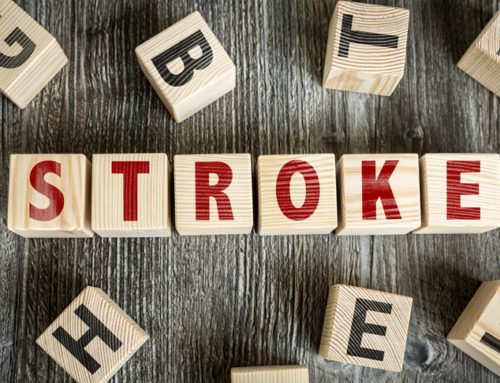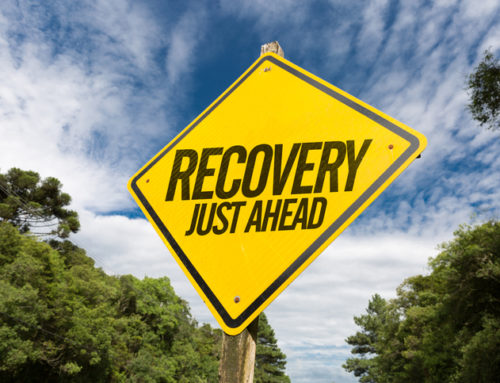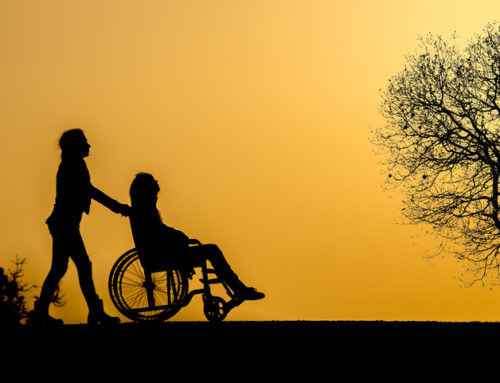Strokes can leave a person with serious physical limitations depending on the side of the brain that was affected. This includes, loss of speech, paralysis, memory loss, vision problems and/or changes in behavioral patterns. With that, there are also various conditions a stroke victim is left with, such as problems with urinary or bowel function.
The disturbed urinary function can cause incontinence, which is the inability to control urination, or urinary retention, the inability to go or completely empty one’s bladder. This happens because the part of the brain that controls waste removal has been damaged. The good news is that most stroke victims will regain this control over time; a catheter is typically used until the person has totally regained urinary control.
Urinary retention can be a bit more complicated as one can develop bladder stones and UTI’s (Urinary Tract Infections), to name a few. There are drugs that can help until the issue resolves itself. It should be noted that if symptoms of burning while urinating, fever, chills, abdominal cramping or blood is present in the urine, it is important to contact your doctor for treatment.
Unfortunately, bowel control can also be affected by a stroke. Symptoms include, constipation and bowel incontinence. This can occur due to lack of fluid intake, inactivity, side effects from prescription drugs, weakened bowel muscle or even diet. Your doctor can give you some helpful tips and treatments to alleviate this problem—moving around during the day even, if it is with a walking aid, as well as consuming healthy foods can be quite effective.
The National Stroke Association states, “Rehabilitation is a lifetime commitment and an important part of recovery from a stroke. Through rehabilitation, you relearn basic skills such as speaking, eating, dressing and walking. Rehabilitation can also improve your strength, flexibility and endurance. The goal is to regain as much independence as possible.”
Sources: Stroke.org, National Stroke Association






